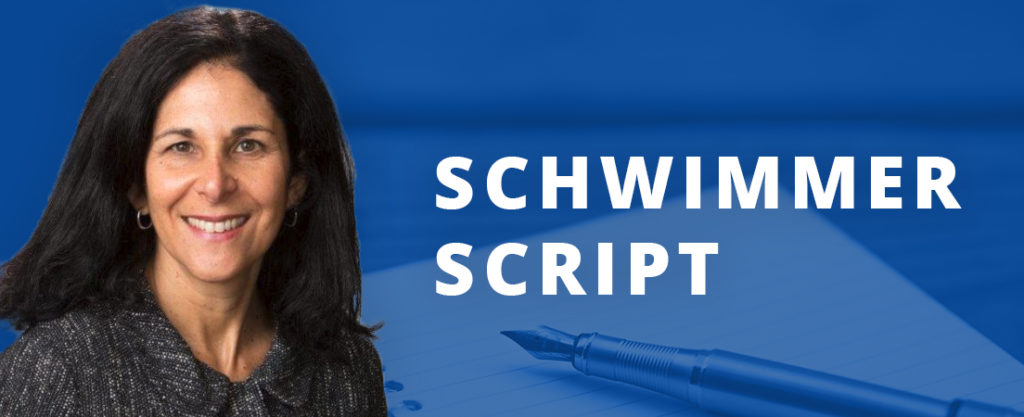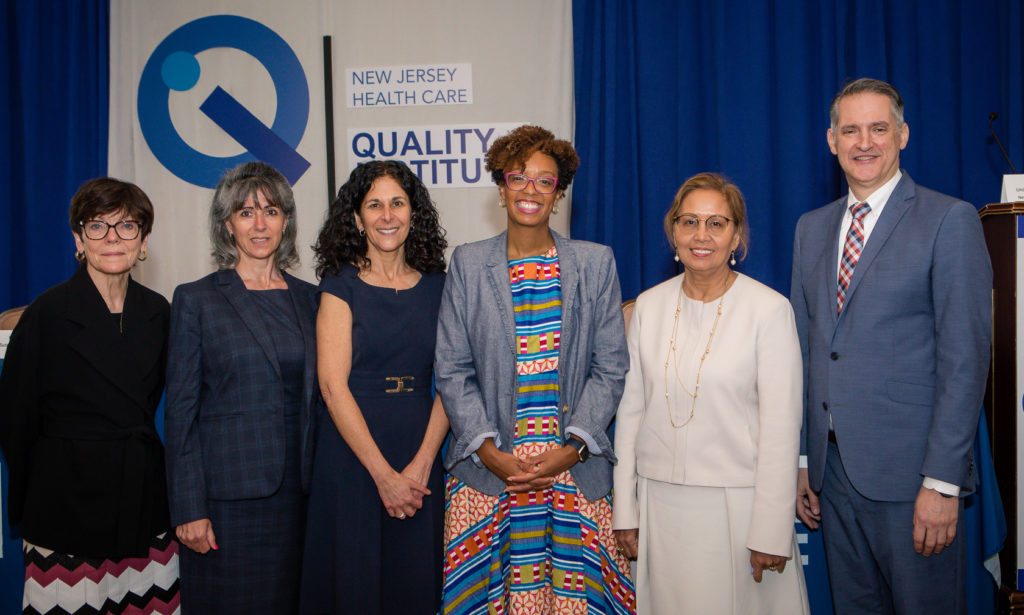We titled our Spring All Council Conference last week, “Racial Bias in Health Care: A Diagnosis and Treatment Plan.” Our audience — indeed, all of us in the room — did not always find the topic easy. No one who went into health care to help others wants to learn that their own biases could be harmful to patients.
But as Dr. Tiffani Johnson, a pediatrician and faculty member at Children’s Hospital of Philadelphia (CHOP), told us: even unintentional biases can be detrimental. And she asked all of us to go beyond our own interactions with others and to work to create equity at our institutions and in our communities. Not being racist is not enough, she said. Dr. Johnson motivated us all to work harder to stop the racism around us — in and outside the world of health care.
The conference was one of our best attended, and since then I’ve been hearing from members thankful for the opportunity to hear Dr. Johnson, a researcher into racial bias who was inspiring, insightful, and often funny. She’s a self-proclaimed “Jersey girl” who grew up in Trenton, and she said she knows not everyone wants to talk about the “R” word.
But she said she did not want to just discuss unconscious bias.
“I am doing my work in child health equity a disservice if I just talk about unconscious bias. Now I focus on racism,” she said. “I know the ‘R’ word makes people uncomfortable. But in order to reach that aspirational state where everyone in New Jersey reaches their highest levels of health and well being we need to address racism … in all its forms.”
I asked our attendees and panelists to take the Project Implicit test so we could uncover our own biases prior to the conference. Our conference was not about finger pointing, but about creating practical solutions — and the first part of creating solutions is uncovering our own biases. Bias can influence decision making, especially under stressful situations when we are rushed or overworked.
Dr. Johnson encouraged all institutions involved in health care, from hospitals to insurers, to collect data and then analyze it to determine if people with different racial and ethnic backgrounds are treated equally, and if they have equal outcomes. Some of Dr. Johnson’s own research, for instance, has found that less pain medicine was given to black children compared to white children with similar diagnoses. She also shared her own experiences when the father of a patient asked her why she continually directed her questions to his wife. Dr. Johnson was unaware that she often considers mothers the caretakers. Now, she makes a point to address mothers and fathers equally.
We can all make changes, big and small. Find commonalities with people with different racial and economic backgrounds. Hire a more diverse workforce for your organization. Diversify your friends. Our nation’s sad history of racism still shapes our communities today. Dr. Johnson, as well as the panelists who outlined their solution-oriented work to reduce racial disparities, showed how each of us can make an impact.
Left to right: Marjorie Forgang, VP of Field Health Services, WellCare of New Jersey; Suzanne Spernal, VP Women’s Services, RWJBarnabas; Linda Schwimmer, President & CEO of the Quality Institute; Dr. Tiffani Johnson, CHOP; Lani M. Alison, VP Clinical Affairs, Regional Cancer Care Associates; and Arturo Brito, Executive Director, The Nicholson Foundation.


